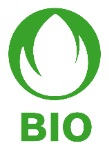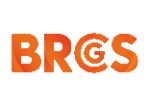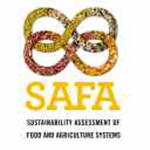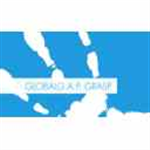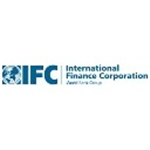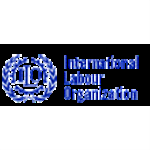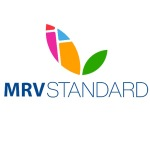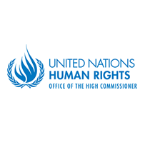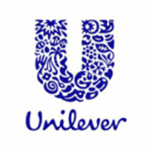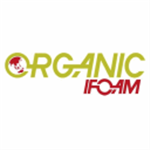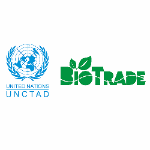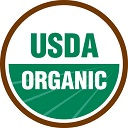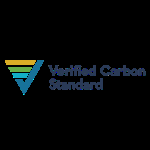International Labour Organization Labour Standards
The International Labour Organization (ILO) is a specialized agency of the United Nations, which promotes decent and productive work, focusing on freedom, equity, security and dignity. Founded in 1919, the ILO has created labour standards, which are formulated in Conventions and Recommendations. Mem...
international labour organization labour standards the international labour organization (ilo) is a specialized agency of the united nations, which promotes decent and productive work, focusing on freedom, equity, security and dignity. founded in 1919, the ilo has created labour standards, which are formulated in conventions and recommendations. member states can ratify conventions, by which they commit to translating the labour standards into national policies, laws and regulations; they report to the ilo about progress. there are 186 member states, and they meet at the international labour conference (ilc), held every year in geneva, switzerland, in the month of june. each member state is represented by a delegation consisting of government, employers and workers delegates. the conventions and recommendations are approved during the ilcs. world-wide, the conventions and recommendations are viewed as the international labour standards. virtually all sustainability initiatives, including certification systems, have taken the ilo labour standards as their reference for labour issues.
[READ MORE]



